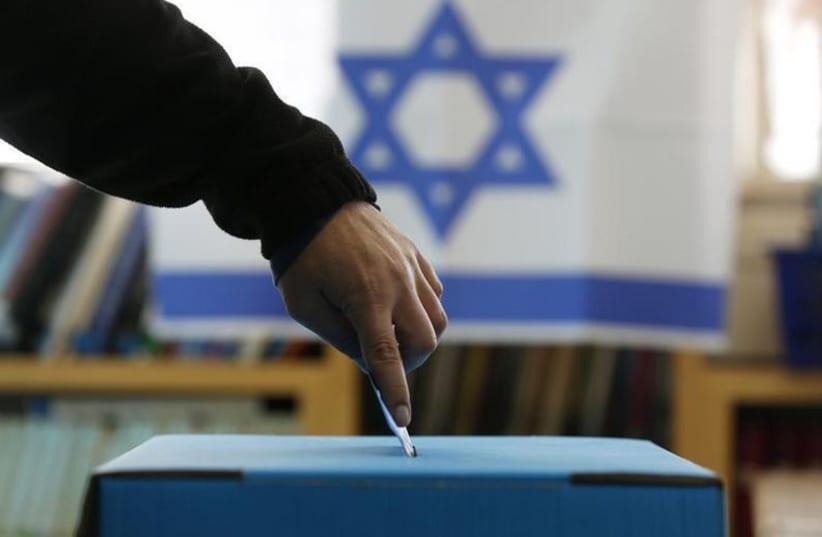Some Israelis living abroad are flying home to cast ballots
Unlike the US, which allows its expatriates to vote in local, state and national elections, Israelis residing outside of the Jewish state are legally barred from exercising their sovereign franchise.
